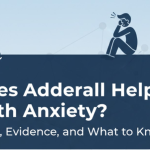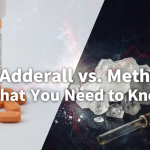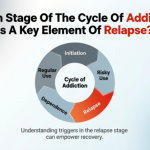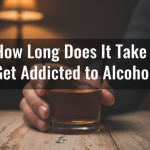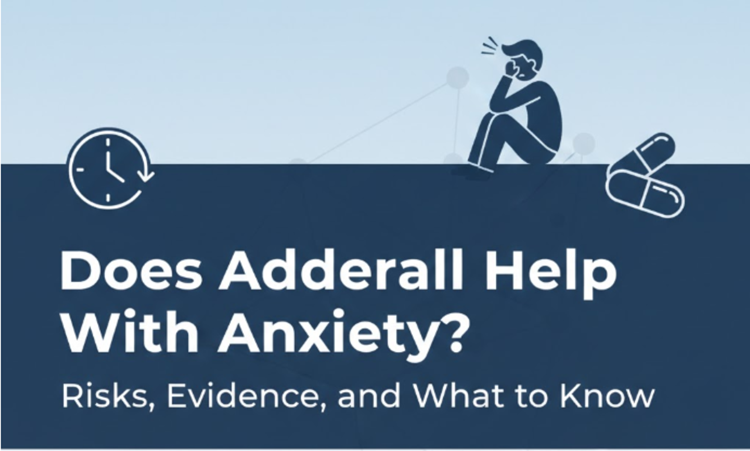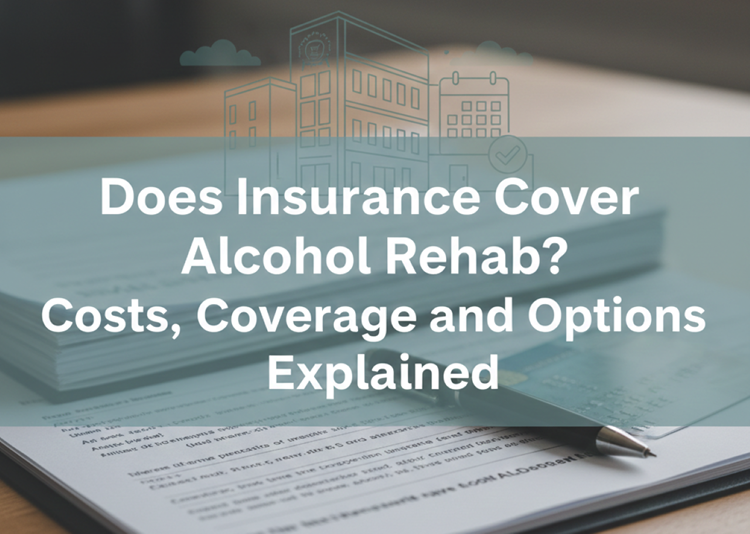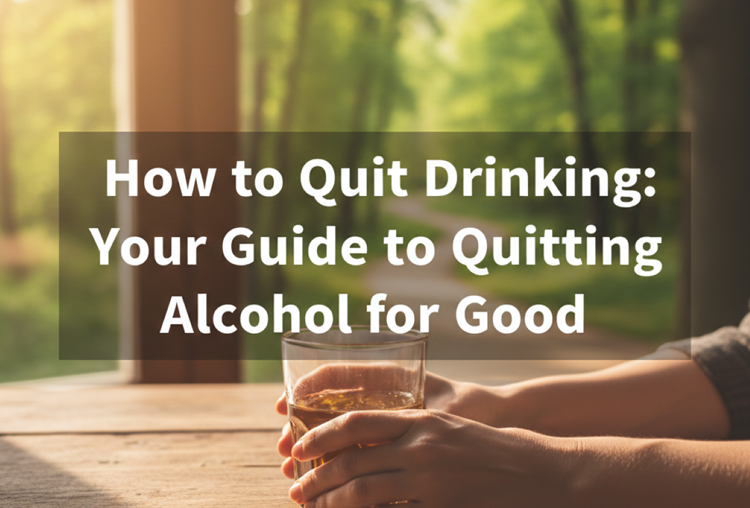If you’ve ever wondered how long does alcohol stay in your system, you’re not alone. Knowing how alcohol is processed in the body is important. This is true for workplace drug tests, legal issues, or personal health.
Alcohol’s effects may fade in a few hours. However, traces can stay in your body for much longer. This depends on several factors.
The liver mainly processes alcohol. However, your body can change how fast it gets rid of it. This depends on your age, weight, metabolism, hydration levels, and how much you drink.
Standard tests like urine, blood, breath, and hair analyses have different detection times. Some tests can find alcohol use hours or even days after drinking.
In this guide, we will look at how long alcohol stays in your system. We’ll also discuss the factors that affect this time. Finally, we will share tips to help your body process alcohol better.
How Alcohol is Metabolized in the Body
When you have alcohol, it enters the bloodstream through the stomach and small intestine.
The rate of absorption depends on several factors. One key factor is whether you have eaten recently. Food slows down absorption, and drinking on an empty stomach can lead to faster intoxication.
Once in the bloodstream, alcohol travels to the brain, affecting coordination, judgment, and mood.
The liver breaks down alcohol primarily through two enzymes: alcohol dehydrogenase (ADH) and aldehyde dehydrogenase (ALDH). These enzymes convert alcohol into acetaldehyde, a toxic compound, and then into acetate, which the body safely eliminates.
On average, the liver processes alcohol at a rate of 0.015% Blood Alcohol Concentration (BAC) per hour. If a person has a BAC of 0.08% (the legal limit in most states), they legally intoxicate themselves. It takes about 5 to 6 hours for their body to remove the alcohol.
However, this metabolism rate varies based on age, weight, gender, liver function, and overall health.
Women usually metabolize alcohol more slowly than men due to differences in their body composition and enzyme activity. People with liver problems or slower metabolisms may process alcohol more slowly. This can keep alcohol in the body for a longer time.
Alcohol Detection Times by Testing Method
The length of time alcohol remains detectable in the body depends on the testing method used. Different tests have varying detection windows, ranging from a few hours to several months.
Blood Tests
- Detection Time: Up to 12 hours
- When It’s Used: Blood tests are often used in hospitals, legal cases, and medical checks. They provide accurate BAC (Blood Alcohol Concentration) measurements. Alcohol enters the bloodstream quickly after drinking, so this test clearly shows a person’s intoxication level.
Breath Tests
- Detection Time: 12-24 hours
- Common Uses: Breathalyzer tests are the most common method for DUI (Driving Under the Influence) stops. They measure the amount of alcohol in the breath, which correlates with blood alcohol concentration. However, factors such as recent mouthwash use, body temperature, and metabolic rate can influence breath tests.
Saliva Tests
- Detection Time: Up to 24 hours
- Why It’s Used: Saliva testing is becoming more popular for workplace drug and alcohol tests. It is non-invasive and can detect recent alcohol use. This method is also sometimes used in roadside DUI screenings as an alternative to breath tests.
Hair Tests
- Detection Time: Up to 90 days
- When It’s Used: Hair follicle testing checks for long-term substance abuse. It is often used in legal and job-related cases. Hair tests can show a history of alcohol use over the past few months. This is different from other tests that check for current intoxication. Since alcohol itself doesn’t integrate into hair strands, these tests detect ethyl glucuronide (EtG), a metabolite of alcohol.
100% Confidential Support is Available 24/7
No matter what you’re going through, you’re not alone. Our dedicated team is here to provide a safe, judgment-free space where you can talk openly and honestly. Whether you need emotional support, resources, or just someone to listen.
We’re here for you—completely confidential and always respectful of your privacy. Call us today!
Alcohol in Urine: How Long Does It Stay?
Urine tests are a common way to check for alcohol use. They are easy to do, non-invasive, and reliable. The usual time to detect alcohol in urine is 12 to 48 hours. However, in some cases, alcohol metabolites can be found for much longer.
Standard Urine Tests vs. ETG (Ethyl Glucuronide) Tests
There are two types of urine tests for alcohol:
- Standard Urine Tests detect ethyl alcohol (ethanol) for 12-48 hours after consumption. The time frame depends on individual metabolism, hydration levels, and the amount of alcohol consumed.
- ETG (Ethyl Glucuronide) tests are very sensitive. They can find alcohol in urine for up to 80 hours or 3 to 4 days.
- ETG is a byproduct of alcohol metabolism. It stays in the body longer than ethanol. This makes ETG tests helpful for finding recent alcohol use, even after the effects have faded.
Contact Solutions Healthcare
Battling with Drug and Alcohol Addition? Remember, you are not alone and we are here to help you!
Factors That Affect How Long Alcohol Stays in Your System
The length of time alcohol remains in your system varies from person to person. While the body processes alcohol at a relatively consistent rate, several factors can influence how quickly or slowly it’s eliminated.
1. Amount Consumed
The more alcohol you drink, the longer it takes to metabolize.
The liver can only process alcohol at a fixed rate—approximately 0.015% Blood Alcohol Concentration (BAC) per hour. If someone drinks heavily in a short period, their BAC rises quickly, and the body takes longer to break it down completely.
2. Metabolism & Liver Function
Your metabolism and liver health play a significant role in alcohol elimination. People with a slower metabolism or liver problems may take longer to process alcohol. Conditions like fatty liver disease or hepatitis can cause these issues.
A healthy liver is important for breaking down alcohol well. If the liver is not healthy, it may take longer to detect alcohol.
3. Body Weight & Hydration
Larger individuals and those who are well-hydrated tend to eliminate alcohol faster. Alcohol is water-soluble, meaning it dilutes in body fluids.
Someone with a higher body mass and more water content will have a lower BAC compared to a smaller individual consuming the same amount of alcohol. Proper hydration also helps the body process alcohol more effectively.
4. Food Intake
Drinking on an empty stomach leads to faster absorption, as alcohol passes quickly into the bloodstream. Eating before or while drinking slows down how fast alcohol is absorbed. This gives the liver more time to process it before it reaches high levels in the blood. This can shorten the detection window.
5. Frequency of Use
Chronic or heavy drinkers may have longer detection times because alcohol metabolites build up in the system over time.
Drinking alcohol regularly can harm liver function. This slows down the body’s ability to process and remove alcohol effectively.
How to Speed Up Alcohol Elimination
Many people look for ways to speed up alcohol elimination, whether to sober up quickly or pass a test. However, the body metabolizes alcohol at a steady rate, and no method can dramatically accelerate this process.
Myths vs. Facts
- Drinking water helps, but it doesn’t speed up metabolism. Staying hydrated can reduce hangover symptoms and aid kidney function, but it won’t help you remove alcohol faster.
- Coffee doesn’t sober you up. Caffeine might make you feel more alert, but it doesn’t lower BAC or help metabolize alcohol.
- Exercise can slightly help but won’t drastically change elimination time. Sweating out toxins is a common belief, but while minor amounts of alcohol may be lost through sweat, the liver is responsible for nearly 95% of alcohol metabolism.
What Actually Helps?
- Hydration – Drinking water before, during, and after alcohol consumption supports kidney function and reduces dehydration symptoms.
- Proper Nutrition – Eating nutrient-rich foods before and after drinking supports liver function and helps the body recover.
- Allowing Time for Alcohol to Clear Naturally – The only true way to eliminate alcohol is by giving the liver time to process it. On average, the body eliminates one standard drink per hour, so waiting it out is the most effective approach.
When to Seek Help for Alcohol Use
For some people, drinking now and then is fine. For others, alcohol can become too much, harmful, or even addictive.
If you or someone you know has problems with alcohol, cravings, or withdrawal, it may be time to get help.
Signs of Alcohol Dependence or Abuse:
- Feeling unable to cut back or control drinking
- Experiencing cravings or urges to drink
- Drinking despite negative effects on relationships, work, or health
- Needing more alcohol to feel the same impact (increased tolerance)
- Experiencing withdrawal symptoms (shaking, sweating, nausea, anxiety) when not drinking
100% Confidential Support is Available 24/7
No matter what you’re going through, you’re not alone. Our dedicated team is here to provide a safe, judgment-free space where you can talk openly and honestly. Whether you need emotional support, resources, or just someone to listen.
We’re here for you—completely confidential and always respectful of your privacy. Call us today!
How Solutions Healthcare Can Help
At Solutions Healthcare, we offer personalized alcohol detox and treatment programs designed to support you at every stage of recovery. Our team provides medical supervision, therapy, and long-term care to help individuals safely detox and rebuild a healthier life.
If you or a loved one needs help with alcohol use, reach out to Solutions Healthcare today and take the first step toward recovery.
References
- National Institute of Health (NIH): Overview: How Is Alcohol Metabolized by the Body?
- NIH: Alcohol in the body
- Medical University of South Carolina: About Urine Ethylglucuronide (EtG) Testing







